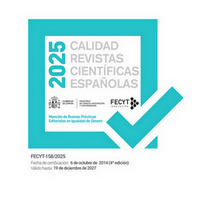Resistance through distance: the autonomy of Estado da Índia in the government of the empire, 16th–17th centuries
DOI:
https://doi.org/10.24197/ihemc.38.2018.103-130Keywords:
Estado da India, Distance, Autonomy, Resistance, Iberian UnionAbstract
This text is focused on Estado da Índia during the Habsburg government to analyse how Portuguese colonial agents and authorities used distance to resist pressures coming from decision-making centres. It aims at answering to a set of questions: How did Portuguese agents and authorities in Asia resist? To what? Why did they resist? Did the Union of the Portuguese and Castilian crowns provoke greater resistances? What were the consequences of this resistance? It will argue that, despite being a very particular kind of resistance, and a type of resistance often dissimulated, it was still a form of resistance to a greater power that had direct impacts on the evolution of the Portuguese territories in Asia.
Downloads
Downloads
Published
Issue
Section
License
All the articles published in Investigaciones Históricas, época moderna y contemporánea will have a Creative Commons Attribution 4.0 International License (CC BY 4.0).
The journal allows the authors to retain publishing rights. Authors may reprint their articles in other media without having to request authorization, provided they indicate that the article was originally published in the journal Investigaciones Históricas, época moderna y contemporánea.



